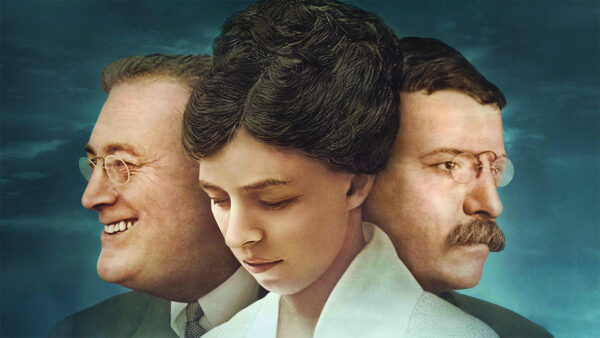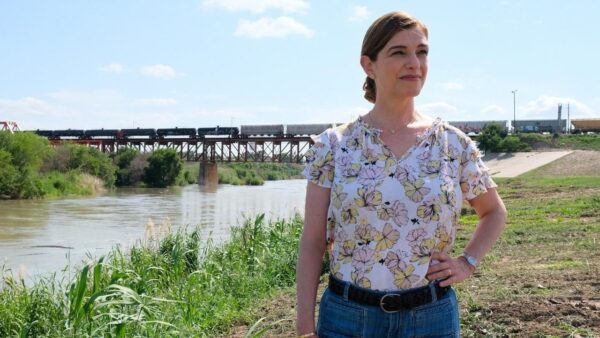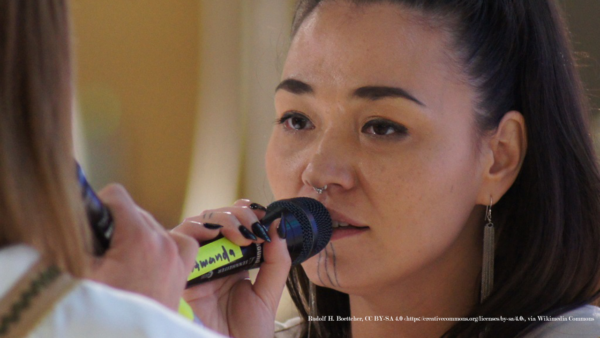“The Man Who Tried to Feed the World” tells the story of Norman Borlaug, an American agronomist who won the 1970 Nobel Peace Prize for his efforts in fighting global hunger. By increasing the world’s food supply, Borlaug made it possible for the planet to support far more people than had been thought possible, saving countless lives in the process. But in doing so, he unleashed a series of unintended consequences that tarnished his reputation and forever changed the environmental and economic balance of the world. The “American Experience” special premieres on Arizona PBS on Apr. 21 at 7 p.m.
WATCH: “The Man Who Tried to Feed the World: American Experience”
Born in 1914, Borlaug grew up on an isolated Iowa farm, working from dawn until sunset, using methods that would have been familiar to the ancient Romans. But farm life was revolutionized in the mid-1920s when Henry Ford’s tractor became widely available, drastically reducing the amount of labor needed to plant and harvest crops. The new technology made it possible for Borlaug to leave the family farm and attend college.
In 1944 Borlaug – now armed with a Ph.D. in plant pathology – was recruited for a Rockefeller Foundation program designed to bring stability and prosperity to rural farmers in Mexico. The goal was to defeat stem rust, a disease that had plagued humankind for thousands of years and was now decimating Mexico’s wheat crop year after year. Once in Mexico, Borlaug encountered the horror of real malnutrition for the first time, and he soon recast his mission. Rather than help peasant farmers in their struggles with nature, he decided to fight hunger directly by developing a radically new kind of wheat: disease-resistant, adaptable and incredibly productive.
Borlaug meticulously planted, cataloged and pollinated thousands of wheat varieties, finally developing an all-purpose plant that could revolutionize a country’s food production. But there was a catch: Borlaug’s new wheat required massive amounts of costly fertilizer and water – an expense far beyond the means of most peasant farmers.
Borlaug would spend the final decades of his life watching his methods and achievements come under fire by a wide range of critics, who held him responsible for soil degradation, the reduction of the water table, the spread of toxic chemicals, and the destruction of rural society around the world.























